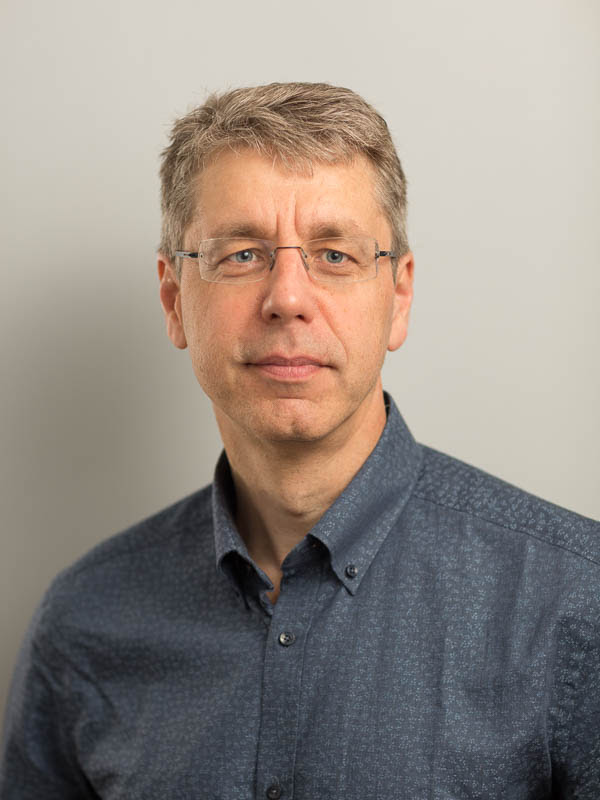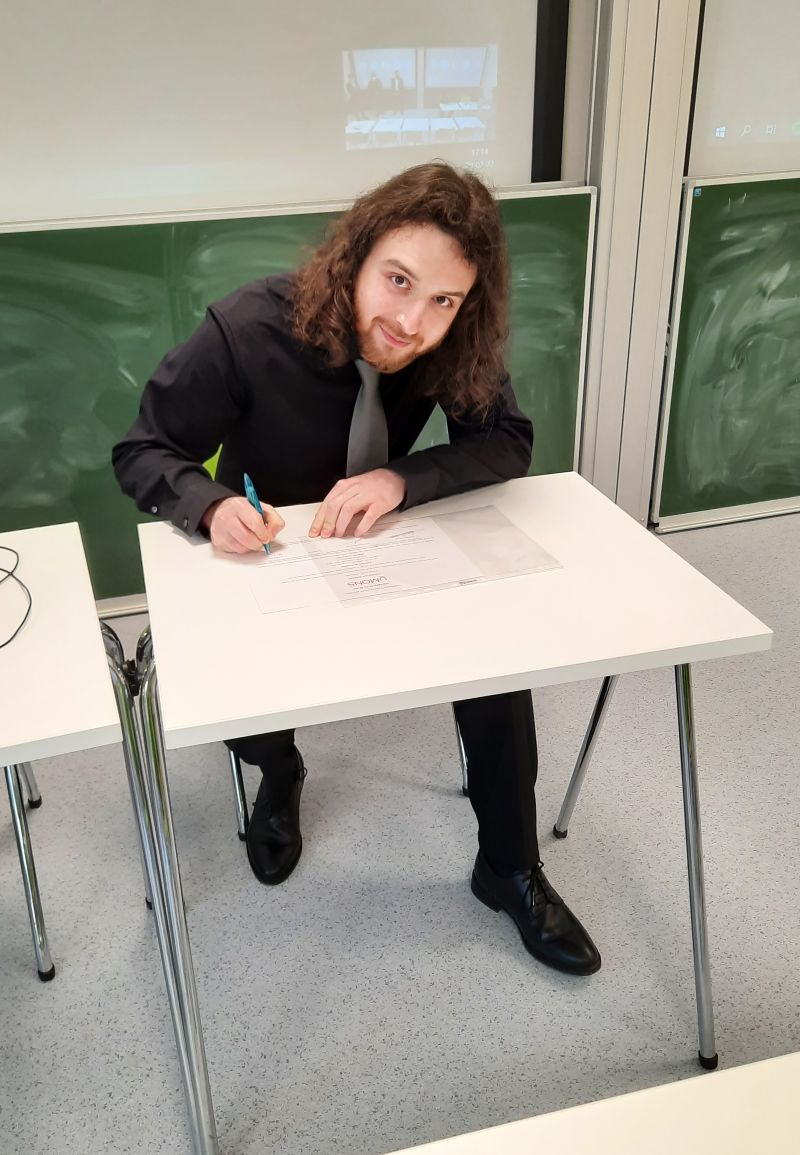Kungliga Tekniska Högskolan
A technical university leading sustainable societal development
Since 1827, KTH (https://www.kth.se/) has grown to become an international leading technical university. As the largest institution in Sweden for technical education and research, we bring together students, researchers, and educators worldwide. Our activities are grounded in a strong tradition of advancing science and innovation, focusing on contributing to sustainable societal development.
Innovative research and education
With a continuously expanding network of industry partners, societal stakeholders, and leading universities, KTH is driving the development of sustainable solutions to several of our time's greatest challenges, such as climate change, food and water security, future energy supply, and improved quality of life. Our education and research covers a wide range of fields, mainly in technology, natural sciences, architecture, industrial economics, social planning and learning. Our innovative climate fosters new perspectives and solutions, promoting excellent education and research.
Education for the future
With research-based knowledge and pedagogic renewal, KTH educates a wide range of engineers, architects, teachers, and researchers to lead the transformation to a sustainable, gender-equal world. The university offers nearly 100 programs, attracting around 17,000 students globally. Our programs encourage critical thinking and collaboration to address complex challenges in a changing world. Through partnerships with industry and society, students have the opportunity to tackle real-world problems, and our interactive and experimental learning environments develop practical professional skills and creativity.
Cutting-edge research
KTH conducts excellent basic and applied research, currently ranking 73rd among 1,500 universities worldwide in the QS World University Rankings. Our research structures enable interdisciplinary and external collaborations that contribute to new knowledge, technologies, products, and services. Our academic freedom is fundamental to democracy, and we work by principles of openness and transparency. Together and in collaboration with our growing network, we drive innovation and advancement of knowledge forward.
Team

Patrick Norman
Patrick Norman received his PhD in 1998 at Linköping University, Sweden, defending a thesis titled "Nonlinear Optical Properties of Fullerenes, Oligomers, and Solutions". He did a first postdoc at the University of Odense (nowadays University of Southern Denmark), Denmark, developing nonlinear response functions in the 4-component relativistic realm. He also did a series of postdoctoral secondments at the University of Ottawa, Canada, studying vibrational contributions to molecular properties.
Norman worked as Assistant Professor at Linköping University until 2005 and lectured on courses in Modern Physics, Quantum Mechanics, and Quantum Chemistry. In 2006, he was promoted to Associate Professor and, in 2008, he became a Senior Researcher of the Swedish Research Council in the subject matter of Theoretical Chemistry. This appointment came with a six-year funding for research and led to the promotion to Professor in 2010.
In 2012, Norman became the Director of National Supercomputer Centre (NSC), alongside his faculty position. In 2016, he left Linköping University and became Head of Theoretical Chemistry and Biology at KTH Royal Institute of Technology in Stockholm. He remains in this position as of today.
In 2023, Norman became the Director of the PDC Center for High Performance Computing, alongside his faculty position. He serves in this position for a period of four years.

Fabrice Saintmont
Fabrice Saintmont received his PhD in 2022 at the University of Mons, Belgium. His thesis was titled "Synthetic macromolecules and nucleic acids: experimental and theoretical investigation of dendriplex structures” and was carried out between the Organic Synthesis and Mass Spectrometry Laboratory and the Laboratory for Chemistry of Novel Materials. The thesis focused on the characterization of supramolecular complexes between dendrimers and DNA by mass spectrometry and molecular dynamics.
He did a first postdoc at the Institut des Biomolécules Max Mousseron at the University of Montpellier, France, working on the hyphenation of capillary electrophoresis with mass spectrometry for the analysis of (glyco)peptides.
He is now a postdoc in the division of Theoretical Chemistry and Biology at KTH Royal Institute of Technology in Stockholm, Sweden.

